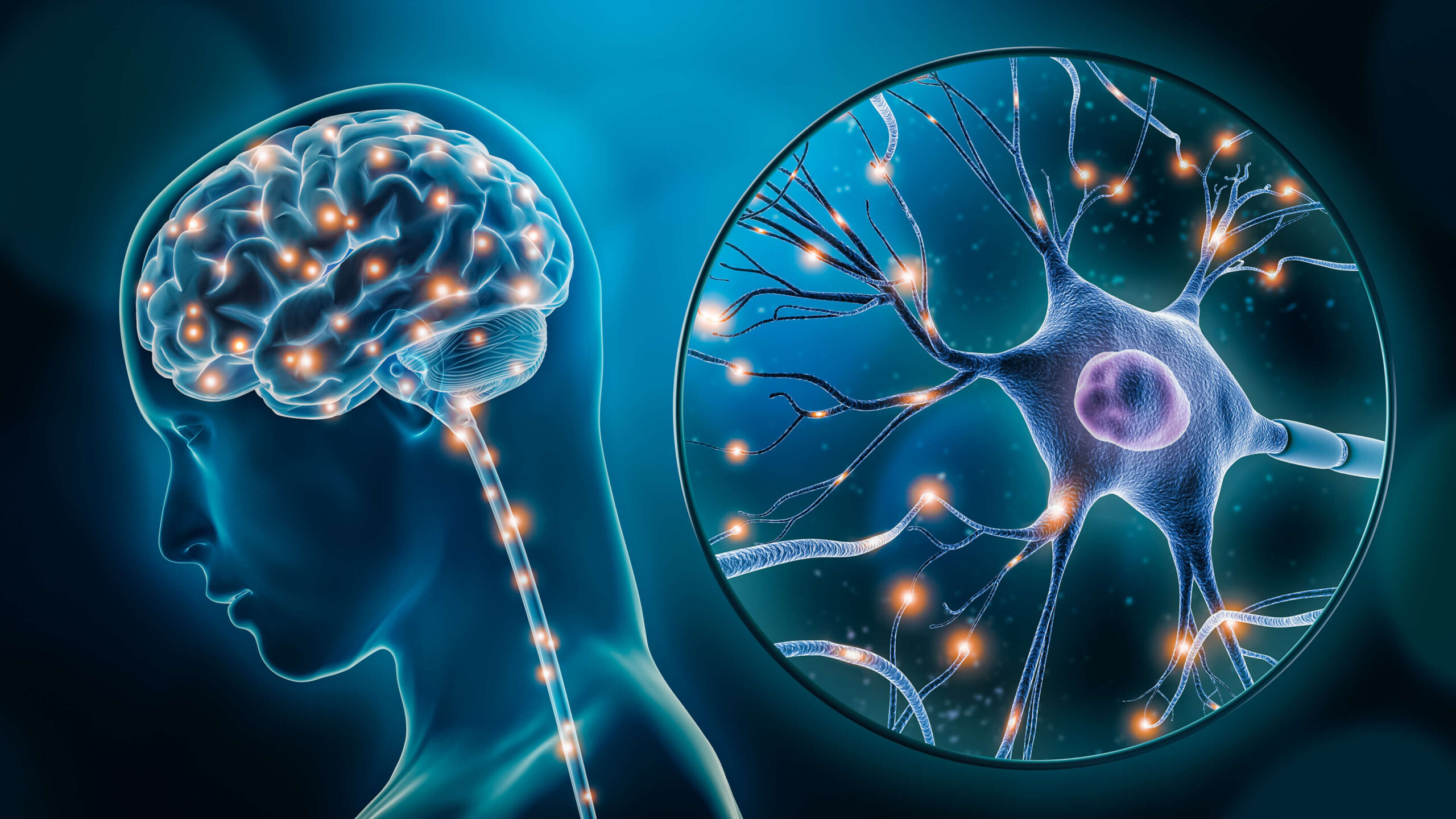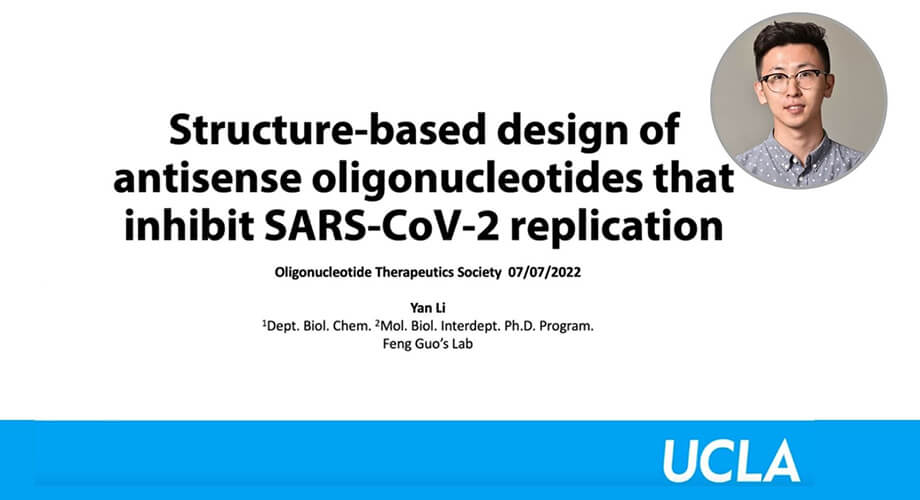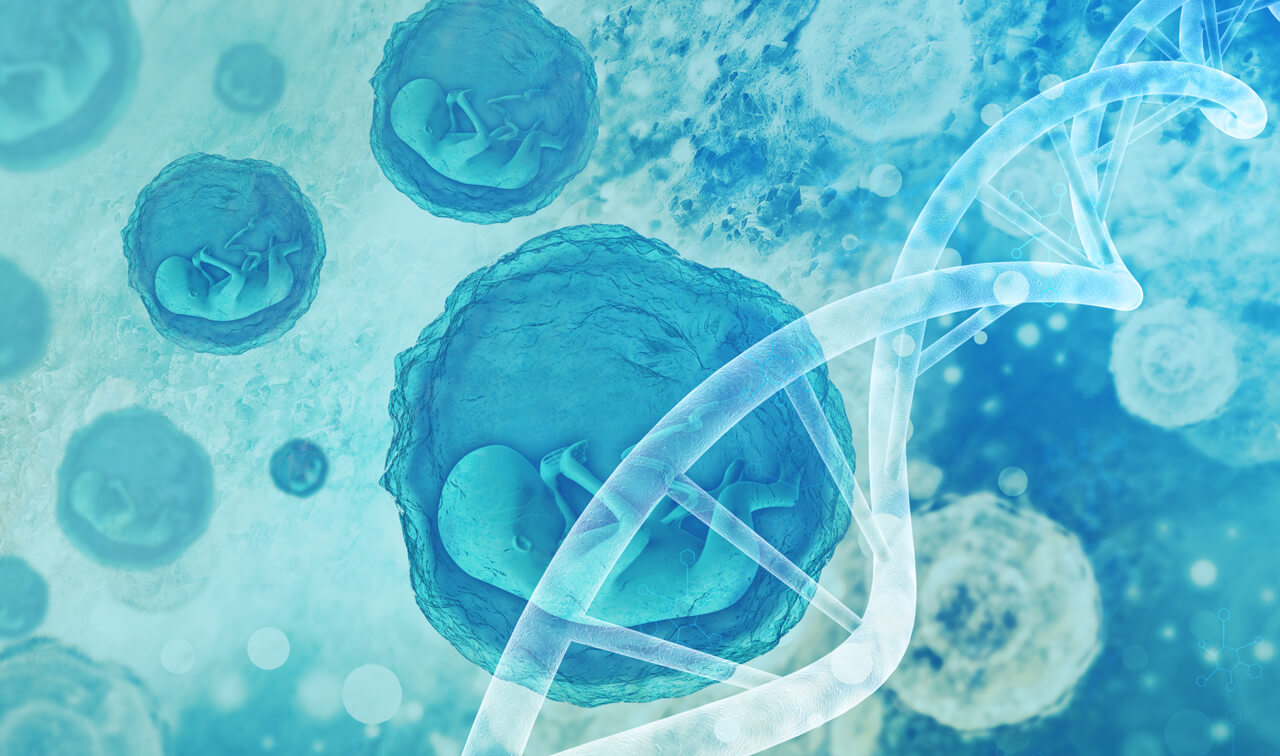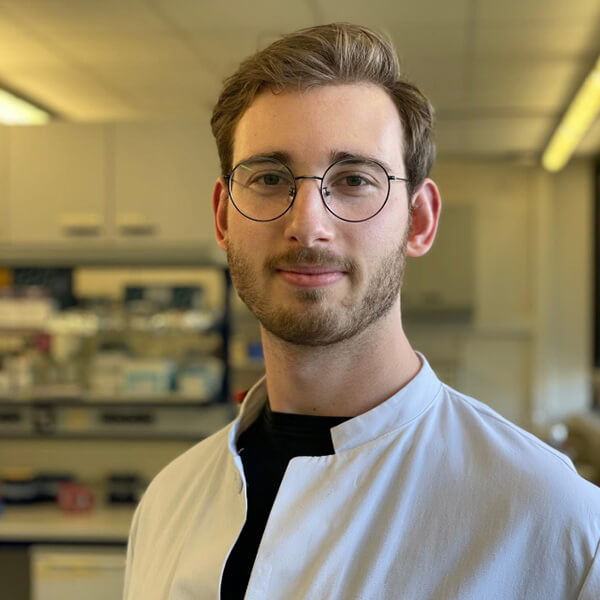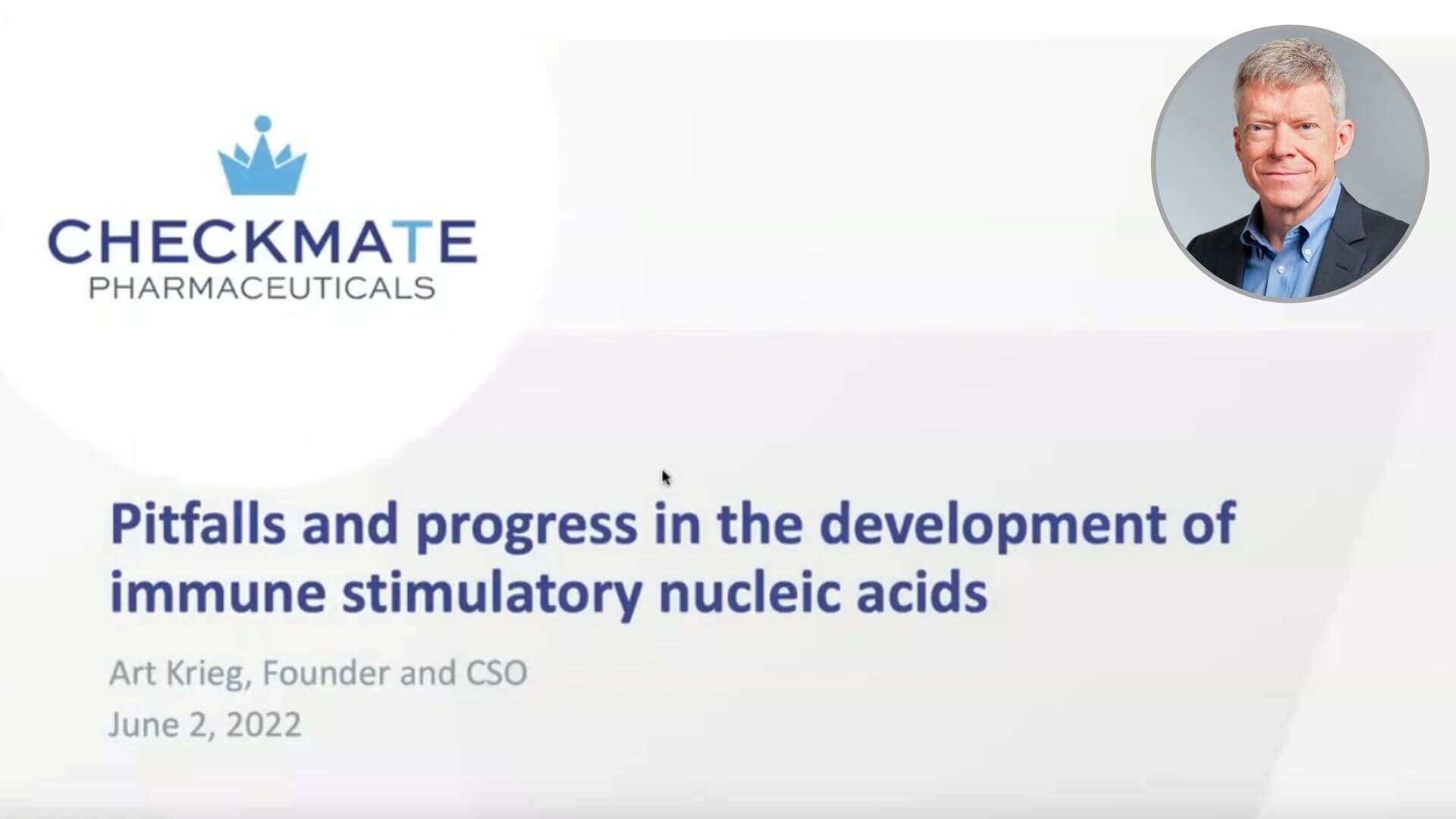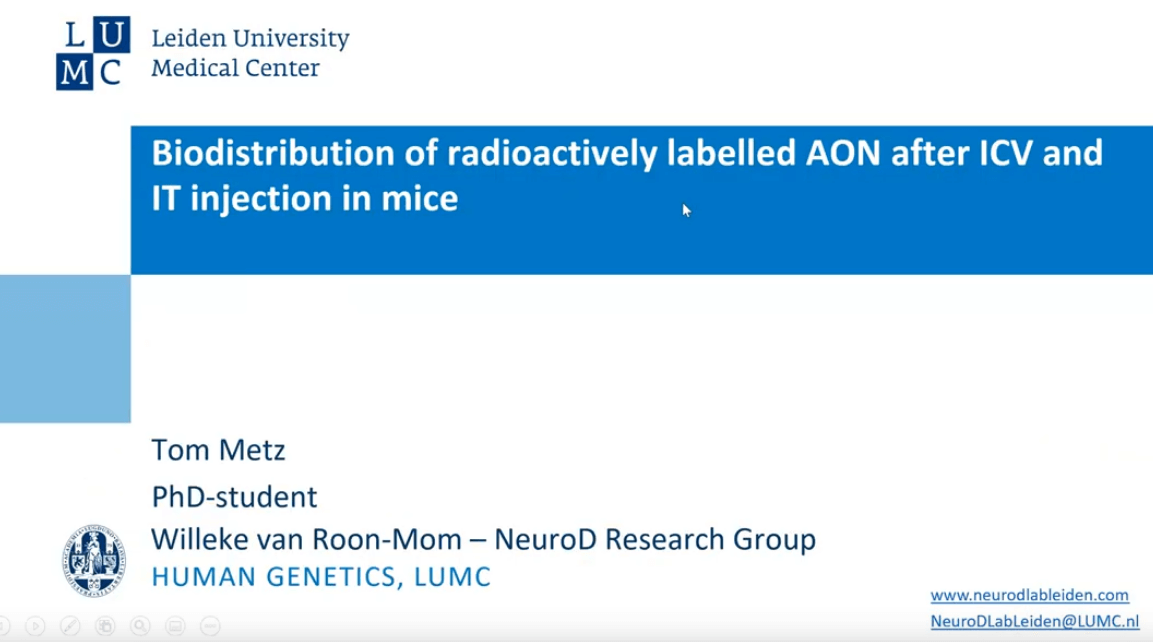Transitioning from Trainee to Faculty – A conversation with Prof. Bethany Powell Gray
Time: 11am - 12pm EST Date: July 14, 2022 Description: Join us for an open discussion with Dr. Bethany Powell Gray, who is an Assisstant Professor at the John Hopkins University School of Medicine, where we will talk about the postdoc to faculty ...
Positive Results from Tofersen VALOR Trial and OLE Integrated Data
People diagnosed with the progressive neurodegenerative disease ALS previously had no hope of an effective treatment that could delay the onset of symptoms or extend their lifespan. However, as a result of recent advances in science and medicine, multiple oligonucleotide therapeutics are being developed ...
Trainee Spotlight Series: Yan Li and Roberto El Khoury
Title: Trainee Spotlight Series: Yan Li and Roberto El Khoury Time: 11am EST Date: July 7, 2022 Description: This Trainee Spotlight features Yan Li, a Ph.D. student at the University of California, Los Angeles, and Roberto El Khoury a Ph.D. candidate at McGill ...
OTS President’s Paper Pick – June 2022
Successful nucleic acid therapeutic projects have one thing in common - rigor. Lack of controls has many consequences ranging from failed companies, seminars that waste the time of all involved, and lost hopes of patients. In this “President’s Pick”, Past President Annemieke Aartsma-Rus lays ...
CRISPR Babies and the Scientist Behind Their Editing
At an international genome-editing summit in Hong Kong, MIT Technology Review reporter Antonio Regalado uncovered the existence of the CRISPR baby project. The now infamous scientist, He Jiankui, had used CRISPR-Cas9, a genetic engineering tool, to edit the CCR5 gene of three embryos with ...
Interview with M.Sc. Philipp Niklas Ostermann, PhD Student
M.Sc. Philipp Niklas Ostermann PhD Student Heiner Schaal Lab Institute of Virology University Hospital Düsseldorf How did you become interested in the field of oligonucleotides? I first encountered the use of antisense oligonucleotides as potential therapeutics during my master’s thesis, which was about inhibition of ...
CRISPR Patent Rights and Their Effect on the Industry
A decade ago, Jennifer Doudna of the University of California, Berkley and Emmanuelle Charpentier of the Max Planck Institute for Infection Biology drafted blueprints for a groundbreaking gene editing technique. The two scientists had found a way to cut and make precise changes to ...
Pitfalls and Progress in the Development of Immune Stimulatory Nucleic Acids
Date: June 2, 2022 Time: 11-12 EST Speaker: Art Krieg, MD, Checkmate Pharmaceuticals Description: Art Krieg, MD, CSO at Checkmate Pharmaceuticals, focuses his research on stimulating innate immunity with immune stimulatory DNA and RNA. Join us as Dr. Krieg discusses the history of efforts ...
Trainee Spotlight Series: Tom Metz and Briana Wilson
Date: May 19, 2022 Time: 11-12 EST, 5-6 CET Description: This Trainee Spotlight features Tom Metz and Briana Wilson. Tom Metz is a Ph.D. candidate at Leiden University Medical Center (LUMC). Tom will present his work involving the biodistribution of a radioactively labelled AON ...
Could Artificial Intelligence Provide the Key to Life Saving Medicines?
Drug discovery is time consuming and expensive, requiring trial and error screening. This means that many people have to wait decades, or a lifetime, to find a treatment for their disease. Others, especially those with rare diseases, may never have hope of a treatment. ...



